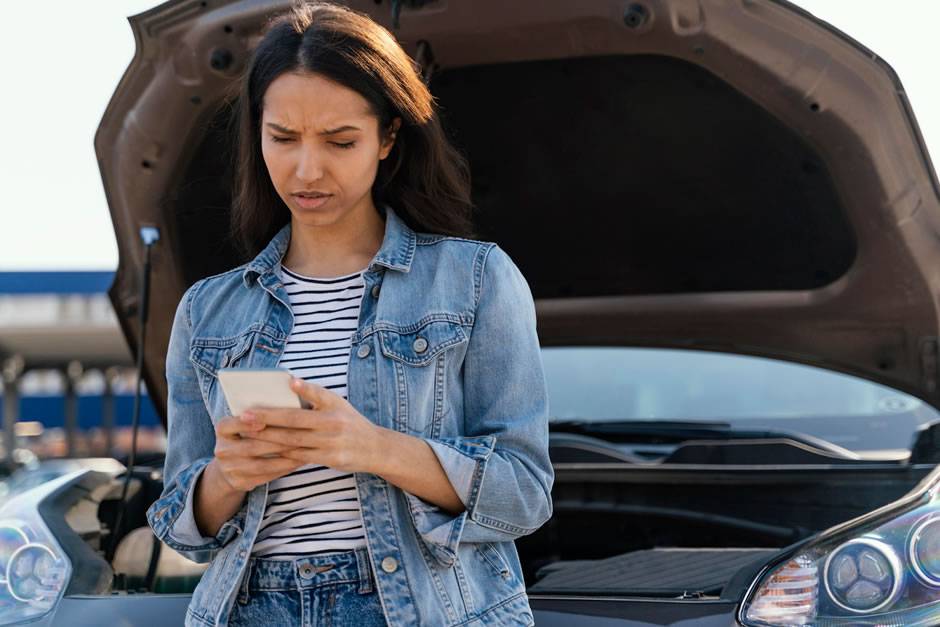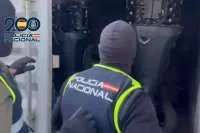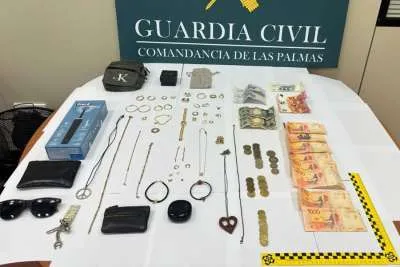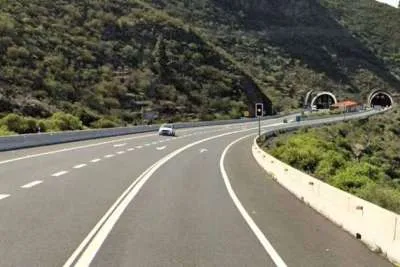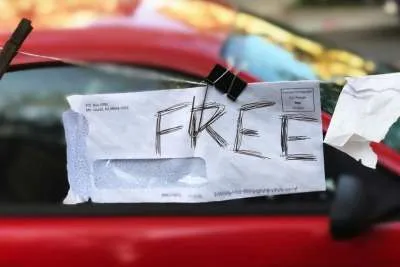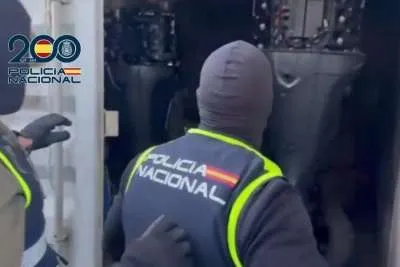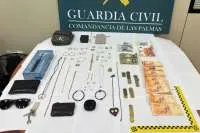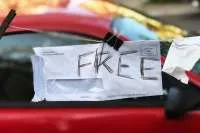VIN Check Essentials: Revealing stolen vehicles and scam risks in the Canary Islands
- 10-06-2025
- National
- collaborative post
- Photo Credit: Supplied
Purchasing a used car can be a cost-effective choice, but it comes with risks, especially in regions like the Canary Islands, where car scams are not uncommon. Understanding how to avoid buying a stolen or scam car is crucial for any potential buyer.
One of the most effective tools at your disposal is the Vehicle Identification Number (VIN) check. By conducting a thorough VIN check, you can uncover vital information about a vehicle's history and ensure you're making a safe investment.
THE IMPORTANCE OF A VIN CHECK
A VIN is a unique 17-character code assigned to every motor vehicle, acting as its fingerprint. This code provides access to a wealth of information about the car, including its manufacturing details, ownership history, accident records, and more. Performing a VIN check is a critical step in verifying the legitimacy of a used vehicle. Check a Quick and Free VIN Check for Any Vehicle, consider using reputable services that provide comprehensive vehicle history reports.
COMMON CAR SCAMS TO WATCH OUT FOR
Title Washing
Title washing involves altering a vehicle's title to hide its history of damage or salvage status. Scammers transfer the car's registration across different states or countries to remove negative branding, making the vehicle appear clean. This deceit can lead unsuspecting buyers to purchase cars with hidden defects.
VIN Cloning
In VIN cloning, criminals use the VIN from a legally registered vehicle and apply it to a stolen car of the same make and model. This tactic makes the stolen vehicle appear legitimate, posing significant risks to buyers. If discovered, authorities may seize the cloned vehicle, leaving the buyer without a car or recourse. One way to protect yourself is by using a VIN check tool to verify that the number corresponds to the correct vehicle history. For example, if you're considering a used Volvo, a quick Volvo VIN number lookup can help confirm the vehicle’s identity and ensure the VIN hasn’t been tampered with.
Odometer Fraud
Odometer fraud, also known as ‘clocking’, involves rolling back the mileage on a vehicle to make it seem less used than it actually is. This deception can inflate the car's value and hide potential wear and tear, leading to unexpected maintenance issues for the new owner.
STEPS TO AVOID PURCHASING A STOLEN OR SCAMMED CAR
Verify the Seller's Identity
Always request to see the seller's identification and ensure it matches the name on the vehicle's title. Be cautious if the seller is unwilling to provide this information or if there are discrepancies.
Inspect the Vehicle Identification Number (VIN)
Check that the VIN on the vehicle matches the one on the title and registration documents. Be wary of signs of tampering, such as scratched-off or altered VIN plates.
Obtain a Vehicle Service History
A comprehensive service history can reveal crucial information, including past accidents, ownership history, title status, and more. This report can help identify red flags and prevent potential scams.
Conduct a Pre-Purchase Inspection
Hire a certified mechanic to perform a thorough inspection of the vehicle. This step can uncover hidden issues that may not be apparent during a casual examination.
Avoid Cash Transactions
Opt for payment methods that provide a paper trail, such as bank transfers or checks. Avoid paying in cash, as it offers no protection or recourse if the deal turns out to be fraudulent.
Recognising Red Flags
- Unusually Low Price: If the deal seems too good to be true, it probably is.
- Pressure to Act Quickly: Scammers often create a sense of urgency to prevent thorough checks.
- Incomplete Documentation: Missing or inconsistent paperwork is a major warning sign.
- Reluctance to Meet in Person: Be cautious if the seller avoids face-to-face meetings or insists on unconventional meeting places.
Conclusion
Purchasing a used car requires diligence and caution. By understanding how to avoid buying a stolen or scam car and utilising tools like VIN checks, you can protect yourself from fraudulent transactions. Always verify the vehicle's history, inspect documentation thoroughly, and be alert to red flags. Taking these steps will help ensure that your car-buying experience in the Canary Islands is safe and successful.
FAQ
Q1: What is a VIN, and where can I find it on a vehicle?
A VIN, or Vehicle Identification Number, is a unique 17-character code assigned to every vehicle. You can typically find it on the dashboard near the windshield, inside the driver's side door frame, or on the vehicle's registration documents.
Q2: How can I tell if a car has been involved in a flood?
Signs of flood damage include musty odours, water stains, rust in unusual places, and malfunctioning electronics. A vehicle history report can also indicate if the car has been declared a flood-damaged vehicle.
Q3: What should I do if I suspect a car is stolen?
If you suspect a vehicle is stolen, do not proceed with the purchase. Report your suspicions to local law enforcement and provide them with any information you have about the seller and the vehicle.
Q4: Are private sellers required to disclose a vehicle's history?
While laws vary by location, it's generally advisable for buyers to conduct their own due diligence. Request a vehicle history report and have the car inspected before finalising any purchase.
Q5: Can a vehicle's title be cleaned or altered to hide its history?
Yes, through a process known as title washing, scammers can transfer a vehicle's registration across different regions to remove negative branding like salvage or flood damage. Always verify the title's authenticity and check for any discrepancies.


